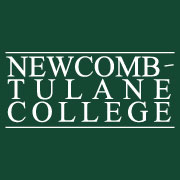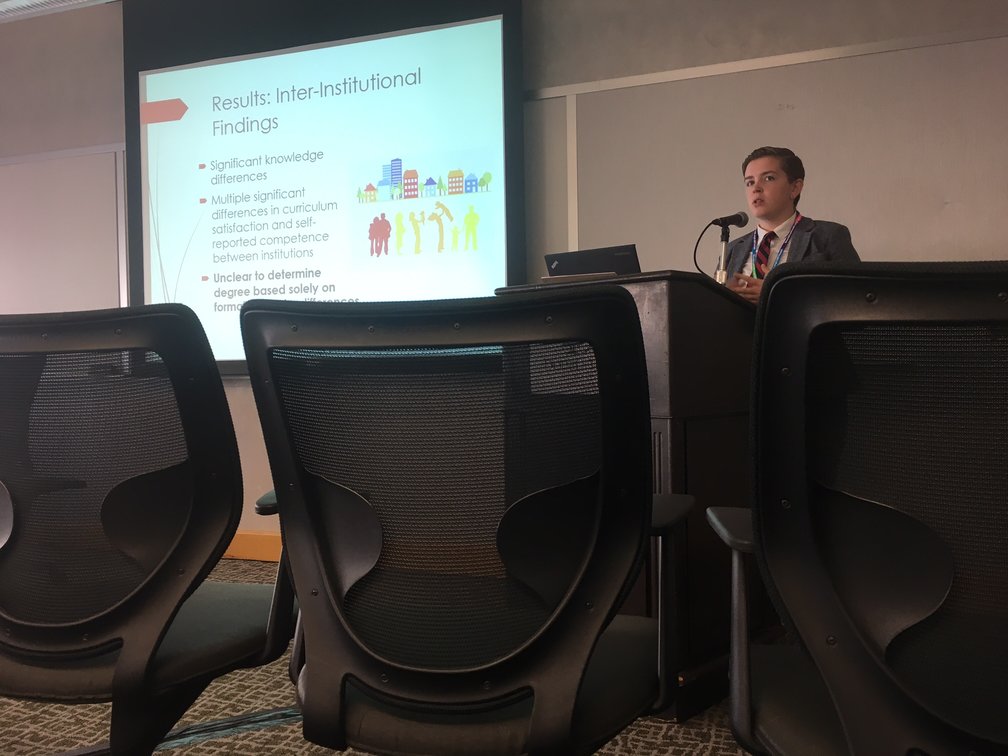The Annual Conference for GLMA – Health Professionals Advancing LGBT Equality – is the world’s largest scientific gathering that is devoted to LGBT-related health issues and concerns, reporting on the latest research about the specific health needs of LGBT people. This year, the central focus of the conference was “Intersectionality in LGBT Communities,” highlighting the intersection of gender identity and sexual orientation with other identities, including race, ethnicity, HIV status, religion, physical/mental (dis)ability, and many other important factors. This conversation was invaluable, and centered on discussions around health care, racial inequality, and lack of mental health care availability nationwide.
In September, I had the privilege of not only traveling to Philadelphia and attending the conference, but presenting research I conducted with a colleague I met at GLMA last year who is a 4th-year medical student at Yale University. Our research was titled, “Sexual and Gender Minority Health in Medical Curricula in New England: Medical Student Comfort, Competence, Knowledge, and Perception of Curricula.” Our research was the first of its kind in evaluating medical student knowledge, as well as self-reported comfort, competence, and perception of their own schools’ curricula, about health topics regarding LGBTQ+ individuals and those with differences of sex development. Not only did I gain valuable experience in my public speaking and research presentation skills, but I was able to collaborate with various educators and administration from different institutions all over the country. I was able to direct medical school administrators and faculty to resources developed by the Association of American Medical Colleges, and help them develop strategies for collaboration with institutions that have already begun curriculum development and integration of these topics. We also spoke and collaborated with administrators and faculty from nursing schools and other schools for the allied health professions.
I also attended other valuable sessions that gave me more knowledge and insight that I can hopefully implement one day, as I am an aspiring physician. I went to sessions about racial bias and treating patients of different racial and sexual minorities, as well as best practices for treating gender-diverse children in a pediatric setting. I got to visit the Mazzoni Center, one of the most well-established integrated health centers that specializes in LGBTQ+ patients. I went on a tour of the facility, and also learned how they integrate physical health, mental health, and behavioral health. They offer services in all domains within one setting, so that providers are able to communicate and develop comprehensive treatment plans for the whole patient, taking into account other aspects of their health. I also learned about their community outreach and public health efforts, including a food bank housed within the clinic.
I also met and collaborated with several directors and administrators of college and university health departments. I got to share how Tulane campus health has gone about treating LGBTQ+ patients, including efforts with our electronic health record, training our providers, and the services we offer. I both shared and received information on the best ways to care for LGBTQ+ patients in the college setting, and I have already begun working with various campus administrators on initiatives we can implement on our own campus.
Arguably the most valuable aspect of the conference was meeting other like-minded individuals – whether they were physicians, students, public health professionals, or mental health providers – and hearing about their experiences in the workforce. I have made invaluable personal and professional connections, and thoroughly enjoyed developing my professional skills and collaborating with others on how to best serve LGBTQ+ patients and clients nationally.
Written by Caroline Scott, Dean’s Grant recipient, 2017

